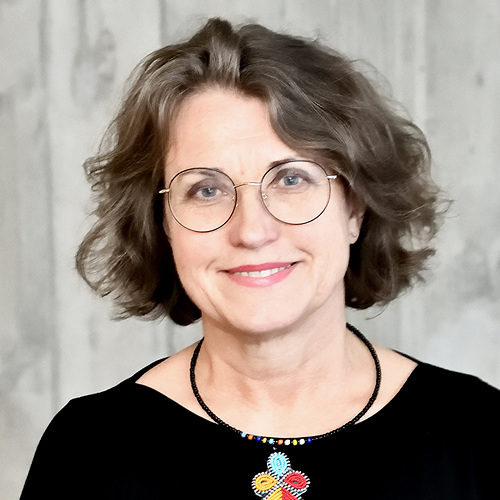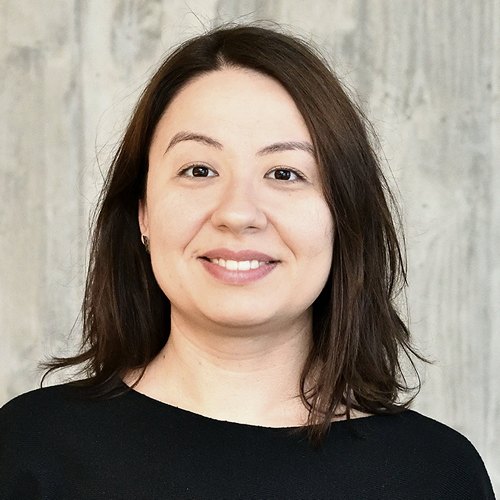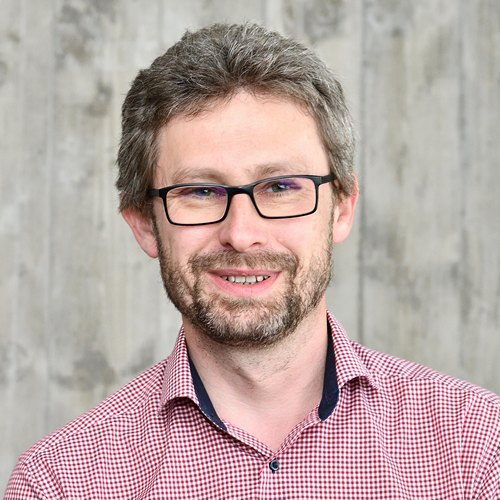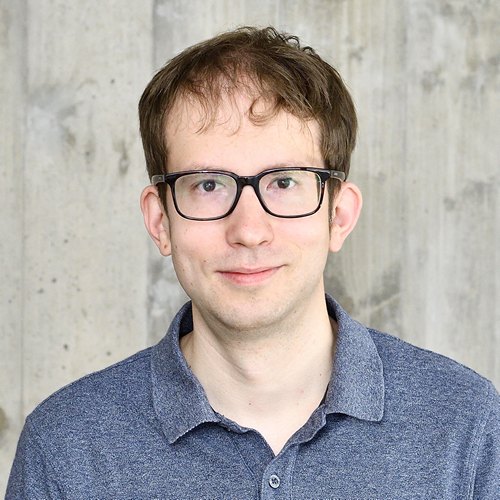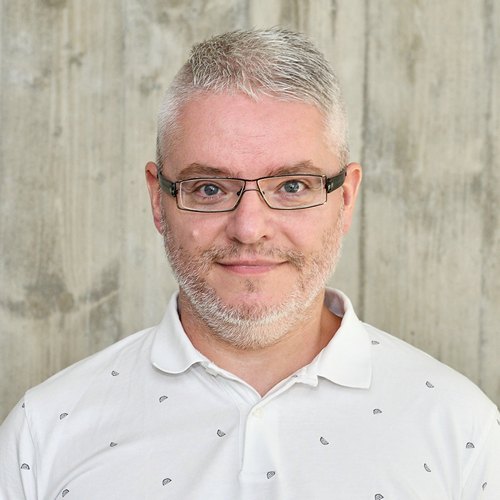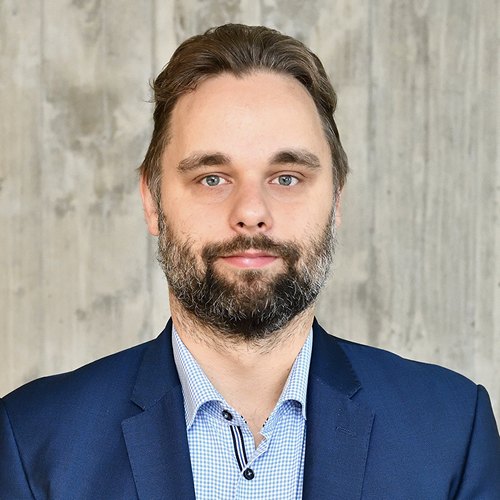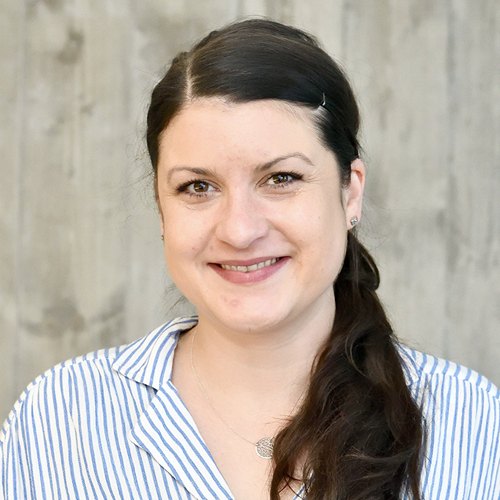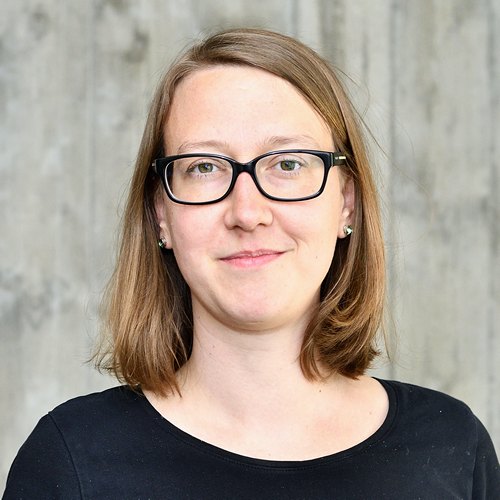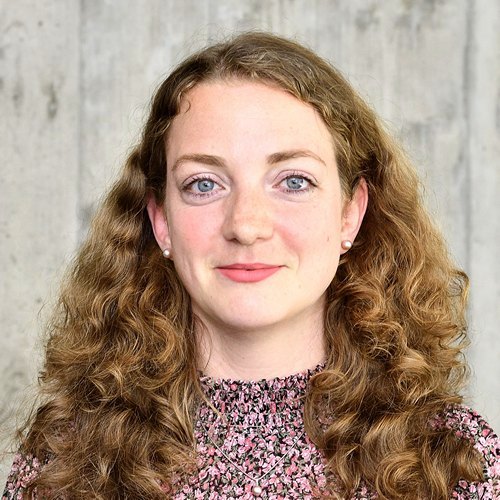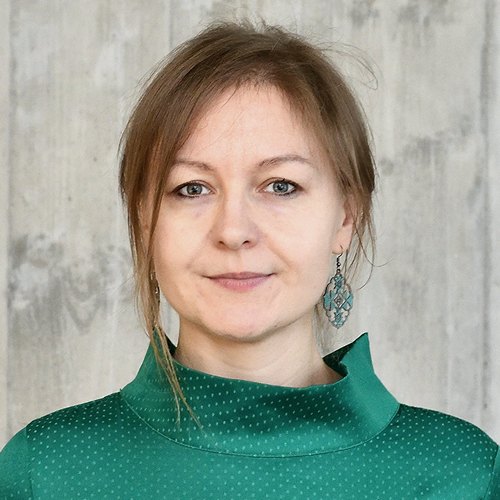Department for Modern Social and Cultural History
The department focuses on the social and cultural history of the second half of the 19th and the whole 20th century. It aims at a broader contextualization of Czech and Central European history, including through comparative and transnational approaches of contemporary historical scholarship. The focus of the research lies in capturing state and social (dis)continuities. The emphasis is on social, cultural, national, environmental and gender phenomena and their transformations in relation to forms of power and governance. From the perspective of cultural and social history, attention is paid to the reflection of contemporary thought and everyday practices.
The department’s staff carries out specific research projects in the fields of the history of migration and citizenship, comparative history of modern wars, violence and its consequences. They deal with cultural histories of consumerism and the modern city, identification processes, commemorative practices, and exile issues. In the field of studying the transformations of Czechoslovak statehood during the 20th century, research focuses primarily on its ideological sources, changing forms of (re)presentation and modes of reception. Current topics also include research on discourses of perception of the First Czechoslovak Republic. Another area of research is the history of social, economic and religious ideas and their intertwining with social practice and economic and geographical conditions and the influence of these ideas on modern European and Czech society and politics.
The staff of the department is involved in the interpretation, publication, digitisation and popularisation of the works of T. G. Masaryk; in this respect they cooperate with other departments of the MIA CAS. They also carry out their research thanks to successful applications for Czech and foreign grants. At the same time, the members of the department popularise the results of their scientific work; they regularly appear in the media, prepare exhibitions and documentary films, create web applications and participate in public education.
